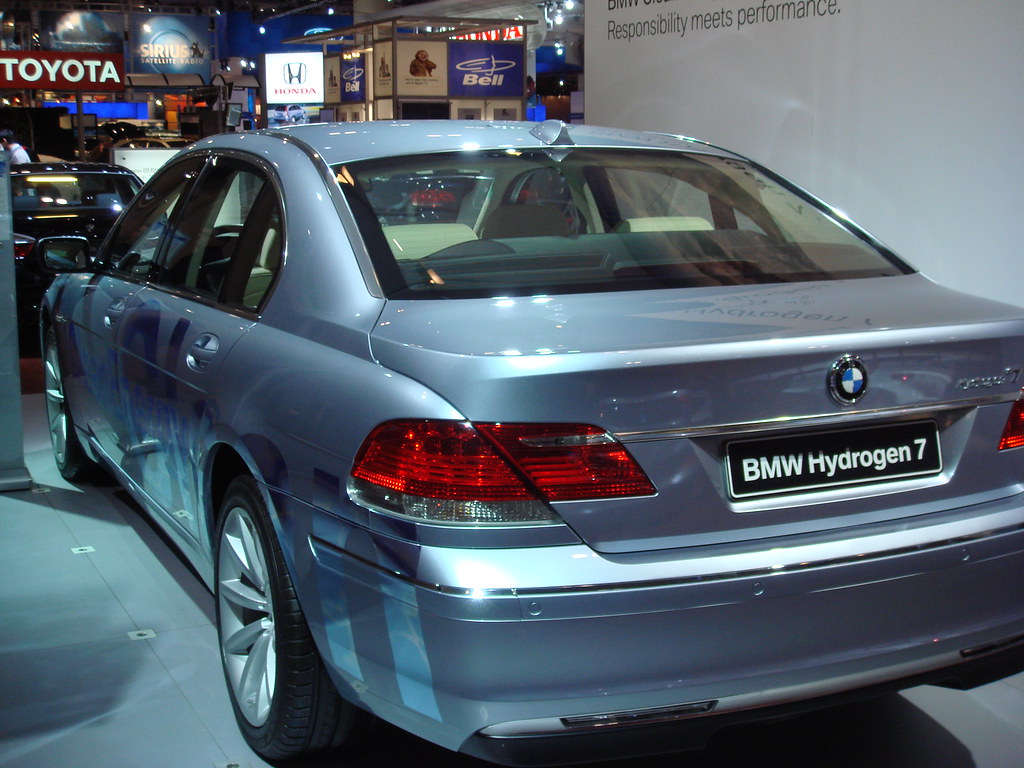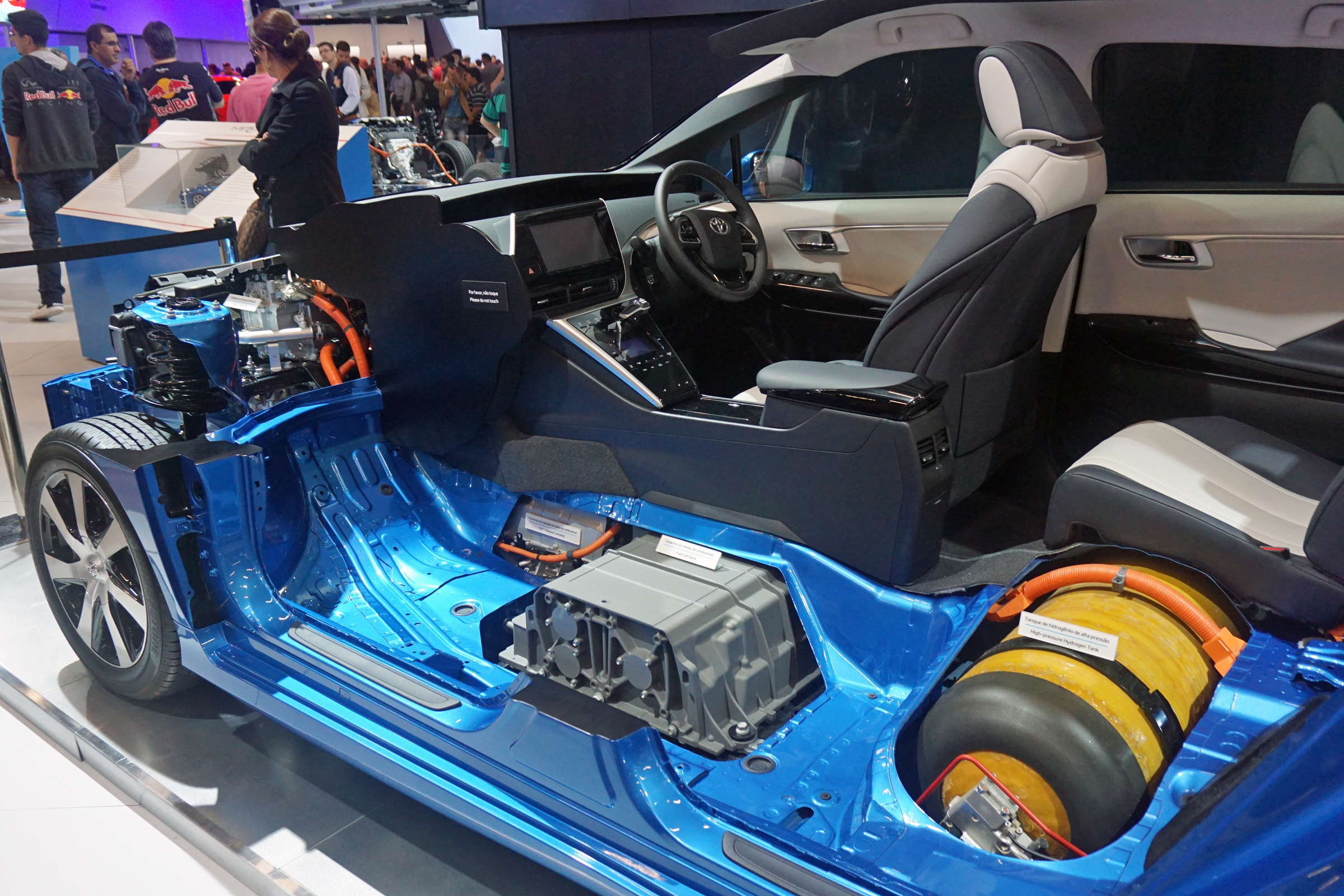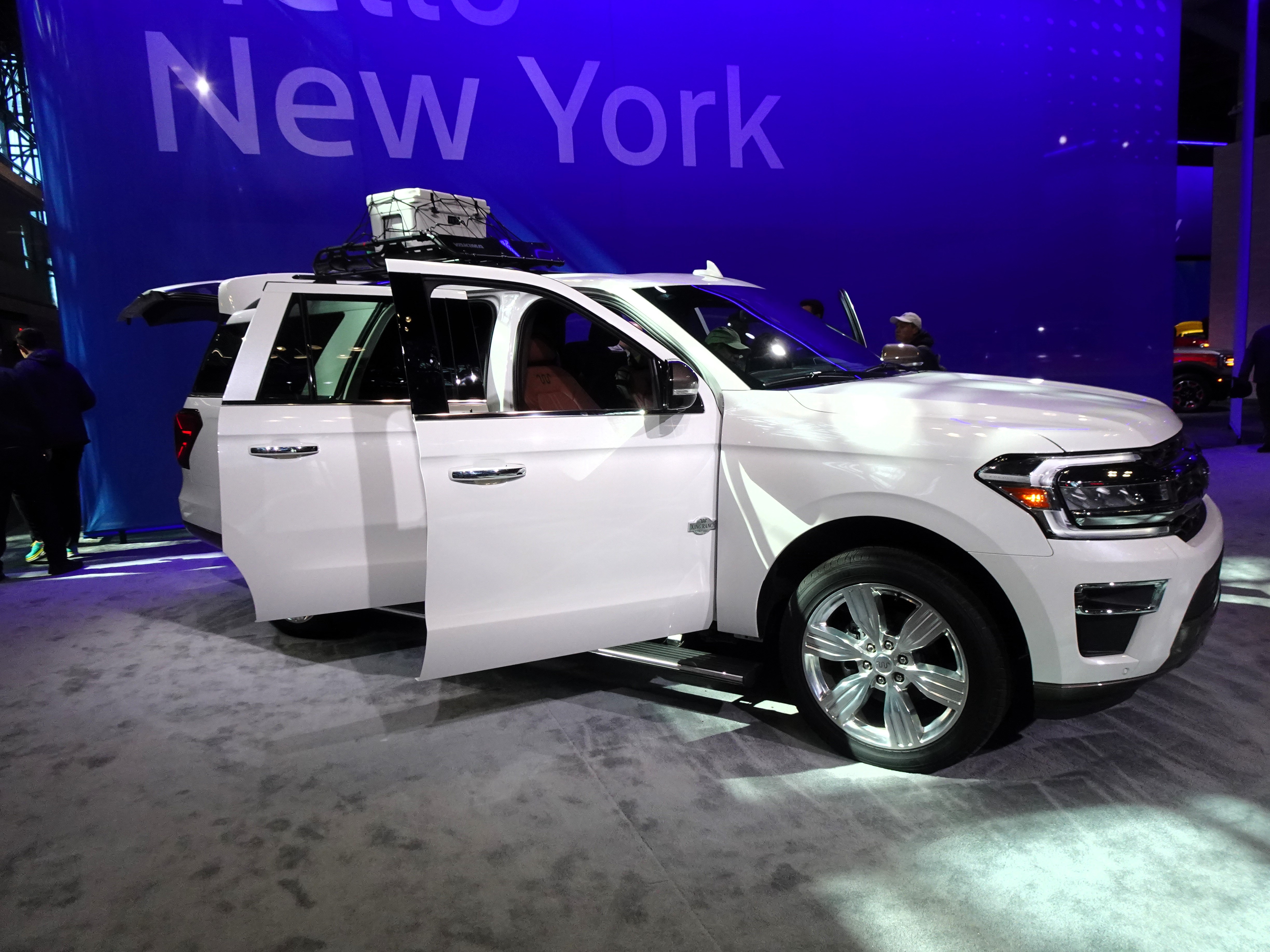
The automotive industry stands on the cusp of a thrilling transformation, as BMW boldly embraces the hydrogen-powered future with an exciting announcement: the launch of its first hydrogen fuel-cell production car by 2028. This initiative signifies more than just a passing trend; it symbolizes a groundbreaking shift in the industry, where hydrogen technology is being reassessed as a genuine alternative to conventional combustion engines and even battery-electric vehicles.
In a pioneering partnership with Toyota, BMW is pouring investment into a new generation of fuel-cell powertrains, aiming to redefine our perceptions of transportation. These two automotive powerhouses have a rich history of collaboration, most notably evident in the development of the current-generation Toyota Supra, and now, with their renewed focus on hydrogen, they strive to combine resources and expertise to tackle the challenges that have long plagued the hydrogen market, such as infrastructure hurdles and the high costs tied to hydrogen technology.
One of the most appealing aspects of hydrogen fuel cells is their function: they convert hydrogen into electricity, emitting only water vapor in the process. This technology represents a tremendous opportunity to reduce carbon emissions in a sector that is heavily scrutinized for its environmental impact. However, the hydrogen car market is still in its infancy, with sales figures reflecting a slow uptake. For instance, in the previous year, sales of hydrogen vehicles, including the Toyota Mirai, plummeted to just 9,000 units. This reality underscores the struggle hydrogen technology faces in gaining traction against the backdrop of electric vehicles, which have surged in popularity.
BWM Hydrogen Vehicle Planning
As we look ahead to 2028, BMW has yet to reveal detailed specifications about its hydrogen vehicle. However, there are hints that it will integrate seamlessly into the brand’s existing lineup. The automaker previously tested a hydrogen-powered iX5 pilot fleet, suggesting that the future hydrogen model could potentially be rooted in this mid-size SUV category. Motor1.com has indicated that the next generation of the X5 is expected to debut before 2028, possibly creating an opportune timeline for the introduction of the hydrogen variant.
Oliver Zipse, chairman of BMW’s Board of Management, described this endeavor as a “milestone in automotive history,” marking the first-ever series production fuel-cell vehicle to be offered by a global premium manufacturer. He emphasized that the combination of hydrogen power and innovative technology would significantly contribute to shaping future mobility. In this light, it becomes clear that BMW is not pivoting away from its electric vehicle strategy; instead, it is broadening its horizons. As other automakers hesitate to fully commit to electrification due to fluctuating consumer demand, BMW’s electric vehicle sales continue to grow, leading to the anticipated introduction of the Neue Klasse lineup next year.
Furthermore, as automakers increasingly prioritize sustainability, the shift towards hydrogen vehicles aligns perfectly with global trends emphasizing carbon neutrality. BMW’s commitment to a multi-pathway approach, which includes hydrogen alongside battery-electric and hybrid vehicles, reflects a forward-thinking strategy that recognizes the diverse needs of the consumer market. There will always be niches that hydrogen vehicles can fill, especially in segments like commercial transport or longer-range passenger vehicles where EV charging infrastructure may still be lagging.

As more manufacturers like BMW and Toyota dive into hydrogen technology, it sparks competition and innovation, paving the way for breakthroughs that could significantly enhance the efficiency and attractiveness of hydrogen solutions. This is an exhilarating period for renewable energy and the automotive sector, with hydrogen poised to play a vital role in the future of mobility. Koji Sato, president of Toyota, highlighted their mutual passion for cars and a commitment to a multi-pathway strategy for carbon neutrality, expressing optimism that their strengthened partnership would catalyze advancements in hydrogen technology and infrastructure, bringing us closer to a sustainable hydrogen society.
Reflecting on BMW’s legacy with hydrogen, the brand has been a trailblazer since the late 1970s, consistently pushing the envelope with hydrogen technology through various experiments. Their prior ventures included a series of hydrogen test vehicles, such as the iconic 5 Series (E12) and the innovative Hydrogen i8, with the latest development, the iX5, showcasing their ongoing commitment to making hydrogen mainstream and underscoring the brand’s relentless pursuit of innovation.

BMW’s announcement to mass-produce a hydrogen fuel-cell car by 2028 signals a significant shift in the automotive landscape. As the company collaborates with Toyota to create viable fuel-cell technology, it is clear that the future of mobility lies in the balance of various energy sources. The challenges ahead are substantial, but with a commitment to innovation and sustainable practices, BMW is poised to pave the way for a new era of hydrogen-powered luxury vehicles. The path to 2028 may be filled with obstacles, but the promise of a cleaner, greener future is a destination worth pursuing. Buckle up, as we’re about to witness the next chapter in automotive evolution unfold before our eyes.
Features of Hydrogen Fuel Cell Technology
One of the most captivating features of hydrogen fuel-cell technology is its operational efficiency and simplicity. Hydrogen fuel cells produce electricity through a chemical reaction between hydrogen and oxygen, resulting in only water as a byproduct— a stark contrast to traditional internal combustion engines that burn fossil fuels and emit damaging pollutants. As countries worldwide commit to rigorous emissions targets, the appeal of hydrogen grows even stronger. While electric vehicles (EVs) have surged in popularity due to their zero-emission credentials, hydrogen fuel cells present a compelling alternative, especially in scenarios requiring rapid refueling and longer driving ranges.

Challenges in developing hydrogen fuel technologies
The partnership between BMW and Toyota aims to harness these advantages while addressing the significant barriers that have historically limited the adoption of hydrogen technology. Cost remains a formidable challenge. Developing fuel-cell systems is currently expensive, and without economies of scale, these vehicles are often priced out of reach for the average consumer. By pooling resources and expertise, BMW and Toyota hope to reduce production costs and offer a hydrogen vehicle that is competitively priced within the broader car market. Such a move is essential for the viability of hydrogen vehicles, as affordability will play a pivotal role in consumer acceptance.
In addition to cost, the lack of hydrogen refueling infrastructure remains a critical hurdle. Currently, there are fewer than 1,000 hydrogen stations worldwide, which significantly restricts the practicality of owning a hydrogen vehicle. BMW and Toyota are not just aiming to produce cars; they are also focused on establishing a robust refueling network. This involves strategic partnerships and investment in building more hydrogen stations, thus enhancing the accessibility and convenience of hydrogen vehicles for consumers. Without a solid infrastructure, even the most advanced hydrogen vehicle can struggle to find a foothold in the market.
The innovation doesn’t stop at fuel cells and infrastructure; the integration of hydrogen technology into existing vehicle platforms is another intelligent approach being taken. By adapting existing models like the iX5, both companies can leverage established production lines and supply chains, potentially speeding up the time to market while ensuring that the hydrogen variant maintains the performance and luxury standards expected from a BMW. This strategy allows BMW to incorporate hydrogen technology seamlessly into its diverse portfolio, ensuring that it complements rather than competes with its electric offerings.


The technological innovations surrounding hydrogen fuel-cell vehicles present a promising avenue for the future of the automotive industry. The collaboration between BMW and Toyota is not only about creating a new vehicle but also about establishing a comprehensive ecosystem that supports the development and adoption of hydrogen technology. As we look to the future, it is essential to remain optimistic about the potential of hydrogen to complement the electric vehicle revolution and provide cleaner, greener solutions for our transportation needs. The road ahead may be challenging, but with continued innovation and collaboration, the vision of a hydrogen-powered future is within reach, bringing us closer to a sustainable and eco-friendly automotive landscape. Buckle up, folks, because this journey into the future of mobility is just getting started.
As we anticipate the debut of the first series-production hydrogen fuel cell vehicle in 2028, the mind races with possibilities for future innovations. While we celebrate BMW and Toyota’s commitment to this green technology, we eagerly await the impact of their efforts on the evolution of a more sustainable automotive landscape.
Brace yourselves, because the hydrogen era is rapidly approaching, and it promises to be an exhilarating journey ahead!
Related posts:
BMW’s First Hydrogen-Powered Car Is Coming in 2028
BMW Will Bring Hydrogen Cars to the Masses 2028, With Toyota’s Help
BMW’s First Hydrogen-Powered Car Is Coming in 2028




